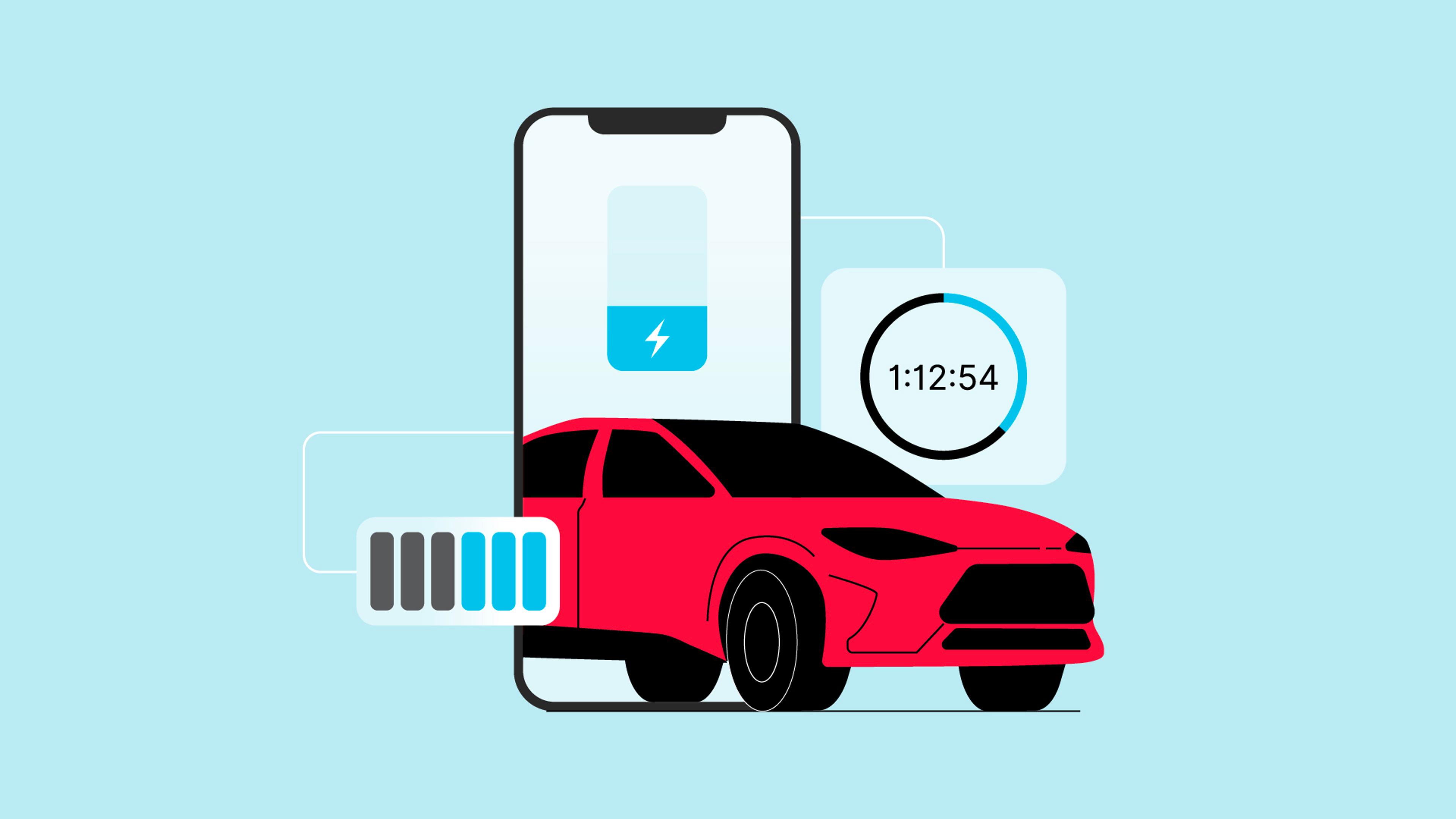
Charging an electric car can be time-consuming, which may discourage some drivers from getting rid of vehicles with internal combustion engines. However, the charging speed of an EV depends on many factors and can take anything from 30 minutes to several days.
What influences the charging speed, and how long it takes to charge an EV on average?

Check if your vehicle has a safety recall!
Enter a VIN code to learn if a vehicle you own or want to buy should be taken for repairs!
Electric car charging times
The charging speed of your EV depends on various factors, such as the size of the battery, charger type, a car’s model, the battery’s condition, and the charging station power output.
Electric vehicle owners can choose from 3 types of charging stations providing different charging speeds:
- Level 1 (slowest) charging adds only 3-5 miles of range per 1 hour of charging
- Level 2 station can fully charge most electric vehicles in several hours (providing 12-80 miles or range per 1 hour of charging)
- Level 3 (fastest) stations can charge an average EV to 80% (recommended) in 30 minutes
Level 1 charging stations: charging EV at home
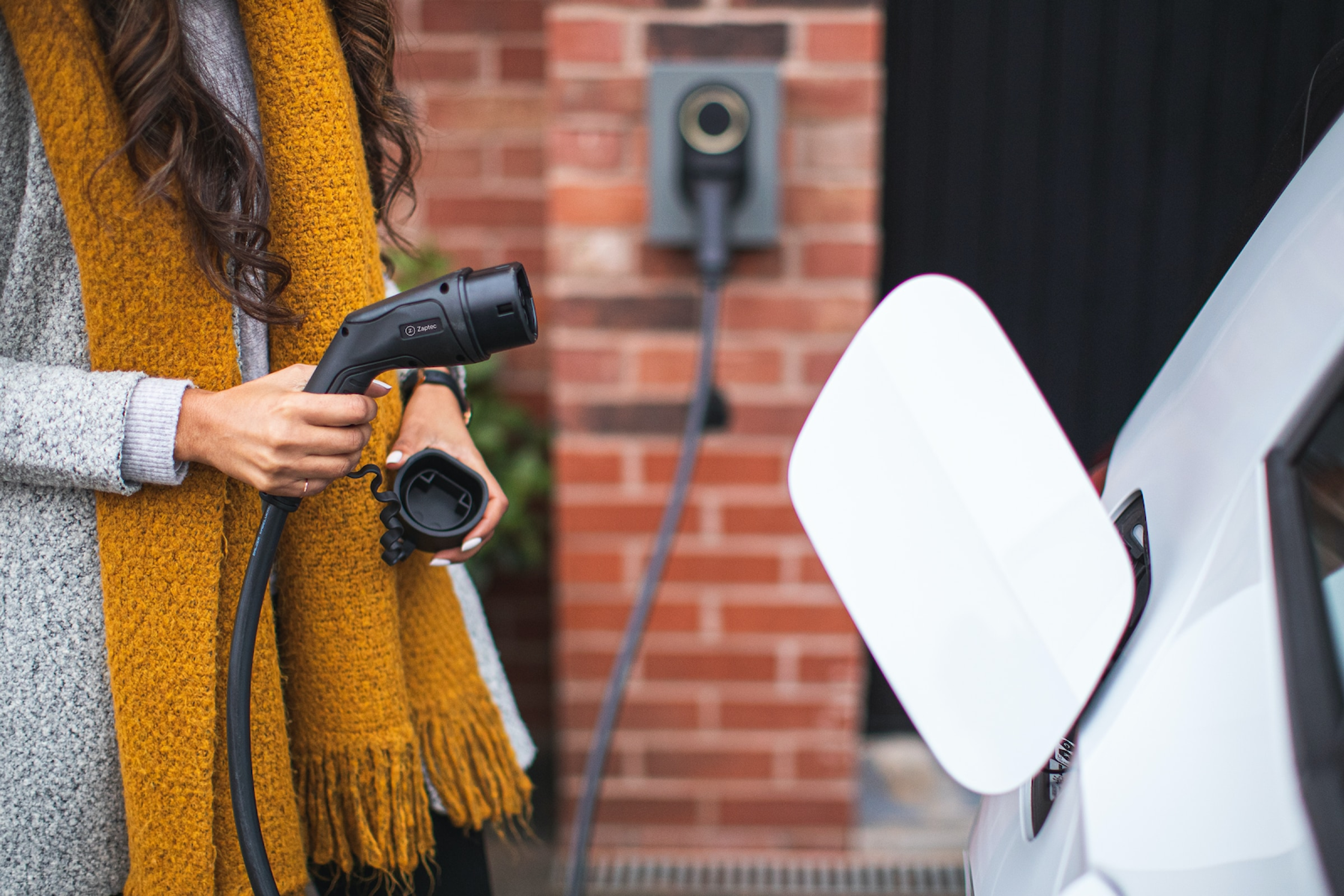
When you plug a car into a simple household electric outlet, this is called Level 1 charging. However, this is also the slowest charging method, providing only 3-5 miles of range per hour.
If you charge your EV for 10 hours straight, you can expect to add 30-50 miles of range, which may be suitable for drivers covering short distances in the city. However, if you’re going for a longer trip and need more range, using a household socket isn’t a viable option.
Level 1 charging doesn’t require any additional investment – you only need to pay for electricity. How much it costs to charge an electric vehicle at home depends on your car’s battery capacity and local electricity rates.
If an EV has a 100 kWh battery, you’ll need 100 kWh of electricity to charge it fully.
Level 2 charging stations: public charging points
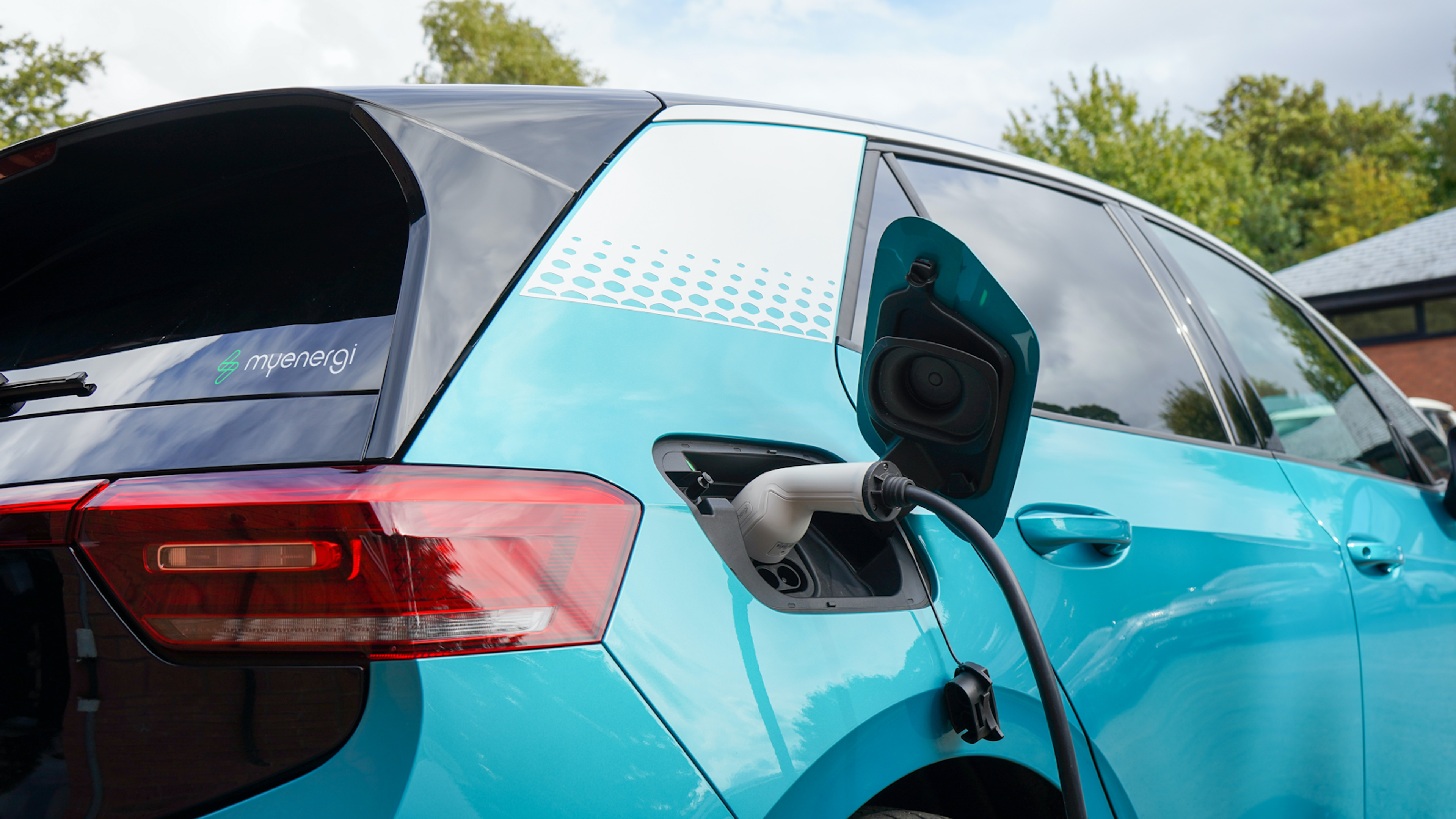
To use a Level 2 charger at home, you’ll need to buy charging equipment and hire an electrician to install it.
How much does a charging station for an electric car cost? It can cost up to $2,000, including labor, equipment, and any materials needed for the installation.
Level 2 charging stations are also available in public places like supermarkets, parking lots, or office buildings. Depending on the charger, you can expect to add 12-80 miles of range per hour. This means that you can fully charge most EVs in several hours.
Many first-time EV owners wonder how long the battery lasts in an electric car. The battery is projected to last between 100,000 and 200,000 miles or approximately 10-20 years. However, it depends on many factors, such as your driving style, the charging methods you typically use, and the climate you live in.
Avoid draining your battery to 0% or charging it to 100%. EV experts agree that the optimal charging level of the battery is from 20% to 80%. By staying in this range, you’ll extend your battery’s life.
Level 3 charging stations: rapid charging points
Level 3 charging is the fastest and the most expensive charging method. While Level 2 charging stations are the most widespread, Level 3 stations are less common. You can typically find them on highways or public spaces.
You can expect to charge an average EV up to 80% in 30 min. It usually takes another 30 min to charge a car up to 100%.
However, you shouldn’t rely on Level 3 charging infrastructure all the time, as it can negatively impact your battery’s health over time.
How to charge an electric car faster
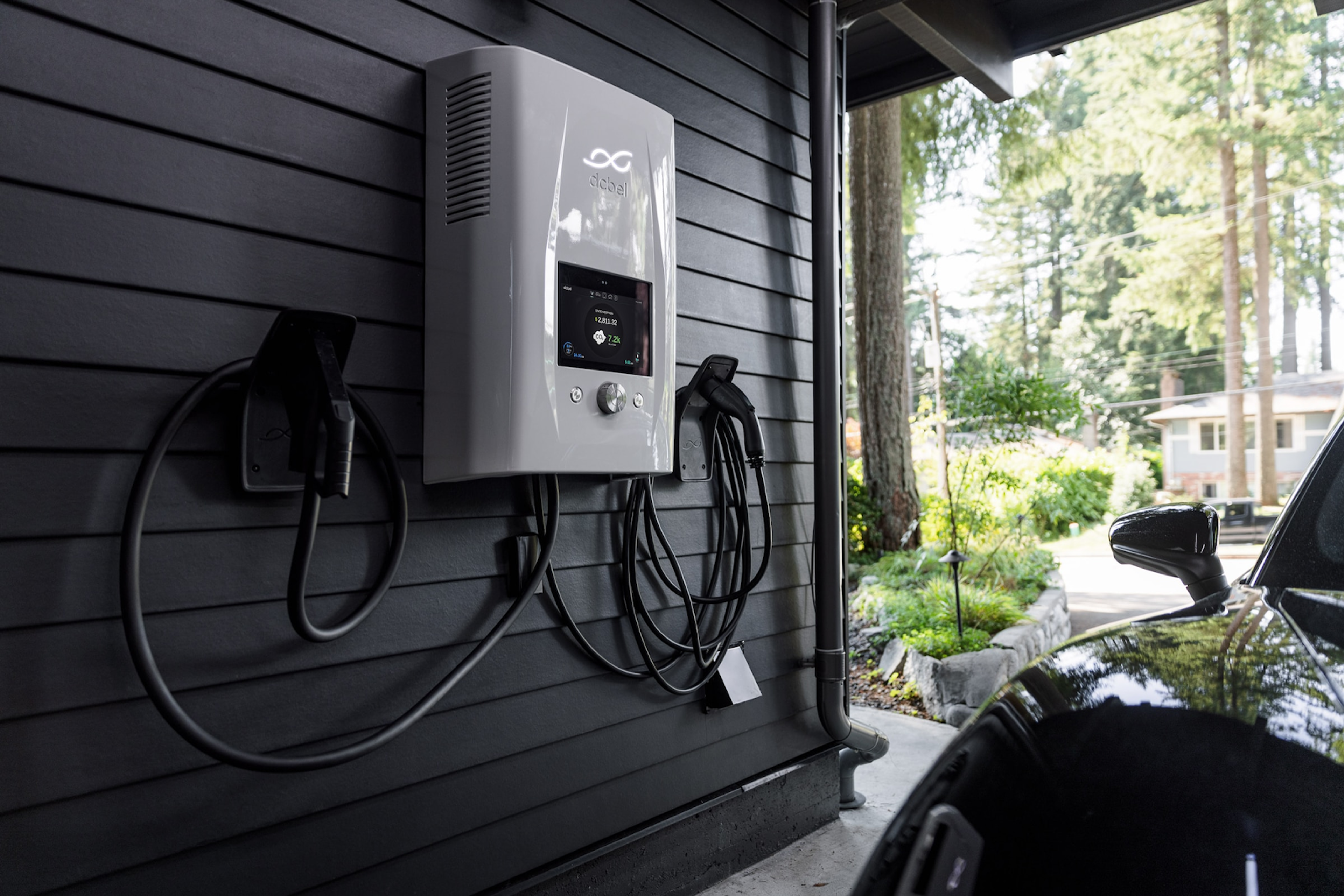
If you want to charge an EV faster, use Level 2 or Level 3 chargers, as they will charge your battery in no time. Level 1 charging should only be considered if you’re going for a short ride and don’t need maximum range.
When you charge an electric car in town during winter, it’ll take more hours to fill up your battery. Cold weather negatively affects chemical reactions in the battery, so the charging may be 2 or 3 times slower than usual. That’s why charging your car in a heated garage in winter is a much better and faster option.
To minimize the loss in range during freezing days, set up the charging time so a car is ready just before you need to leave – electrical and chemical reactions pre-heat the battery, resulting in a higher range.
How to make your EV charging rate efficient
When you’re using public charging infrastructure, the prices may vary significantly. Some stations use the pay-as-you-go model, others offer subscriptions. You can also find stations offering 30 minutes of charge for free, which can often be what you need to get home and charge your car cheaper.
How much it costs to charge an electric car also depends on where you live, as many countries offer benefits for EV owners, such as lower taxes or access to free charging stations.
Some retailers also allow customers to charge their vehicles while shopping. Explore your options by using local EV charging apps that will help you understand the cost of charging across different stations and even find free charging options.
Power grid companies usually have different pricing during off-peak hours, meaning you can charge your car at certain hours of the day and save a few bucks. Since EV owners charge their vehicles mostly at home, this can add up to big savings in the long term.
Understand EV ownership better before buying
While understanding the charging times is crucial for hassle-free EV ownership, ensuring the car’s reliability and integrity adds another layer of importance to the buying process.
Whether you’re an electric vehicle enthusiast or a complete newcomer, having access to a thorough vehicle history report can be invaluable – especially if the EV you’re eyeing is not new. Just like traditional vehicles, electric cars can bear the scars of their past.
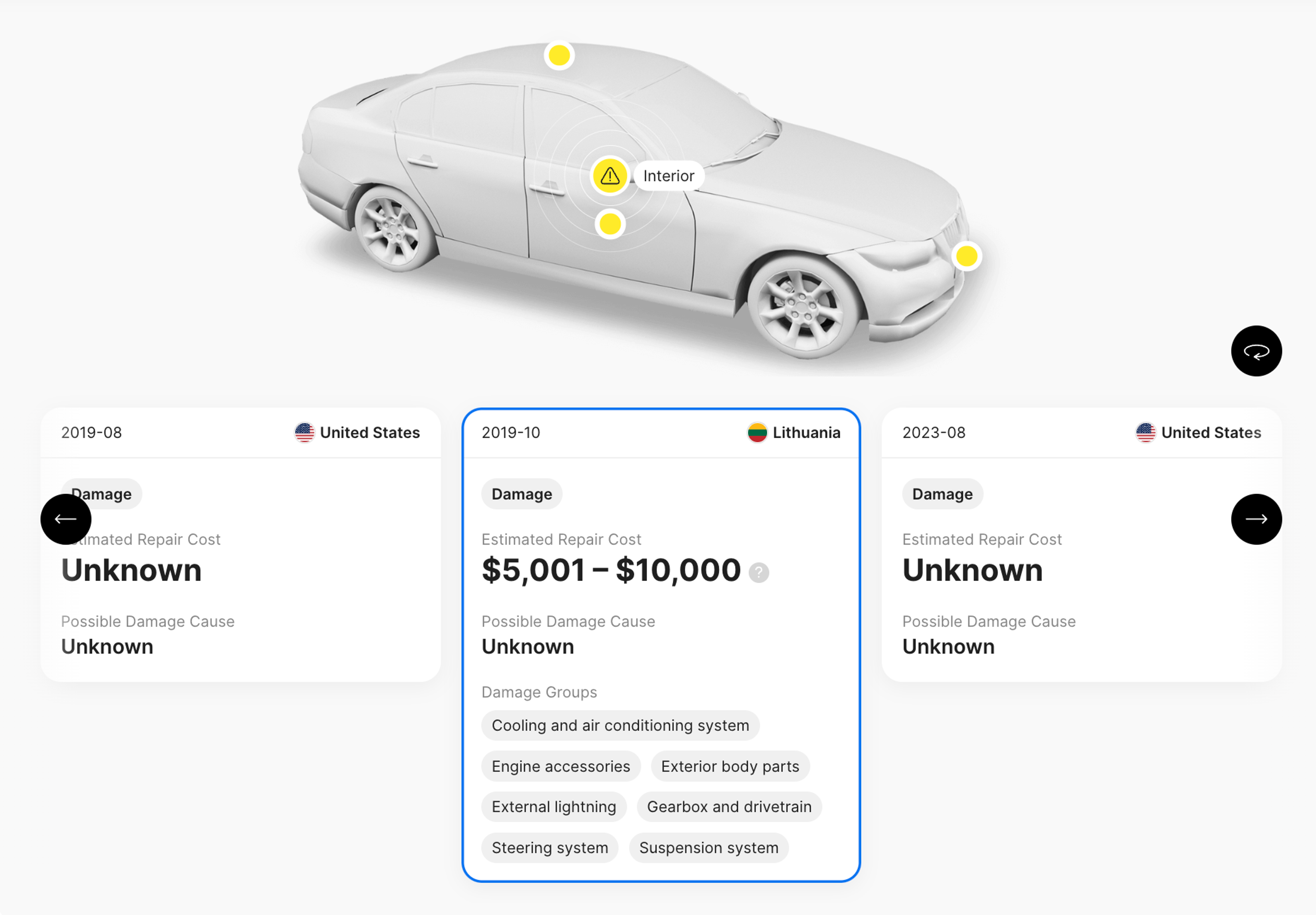
For instance, accident records can help you uncover potential issues with charging performance. While the battery itself may not have been directly affected by the collision, it could have compromised the electrical system or specific charging components. Moreover, poorly repaired parts can lead to even more repairs and affect the car's overall performance.
Besides accident history, you can explore mileage records, learn more about car’s original specifications, financial status, title, ownership changes, and more. This can not only help you make a better purchase decision but also provide peace of mind and potentially save you from unexpected headaches down the road.

Check your VIN
Avoid costly problems by checking a vehicle's history. Get a report instantly!
Frequently asked questions

Article by
Karolis Bareckas
Karolis is an automotive writer focusing on the industry part of things. His goal is to educate readers and foster transparency in the used car market. With a passion for storytelling and extensive experience writing in a variety of fields, Karolis enjoys sharing his knowledge and spreading the word about automotive and tech topics. He’s also a a big fan of muscle cars and long road trips.
